The things estate agents do, and don't, want you to know
Everything you need to know before buying or selling a home
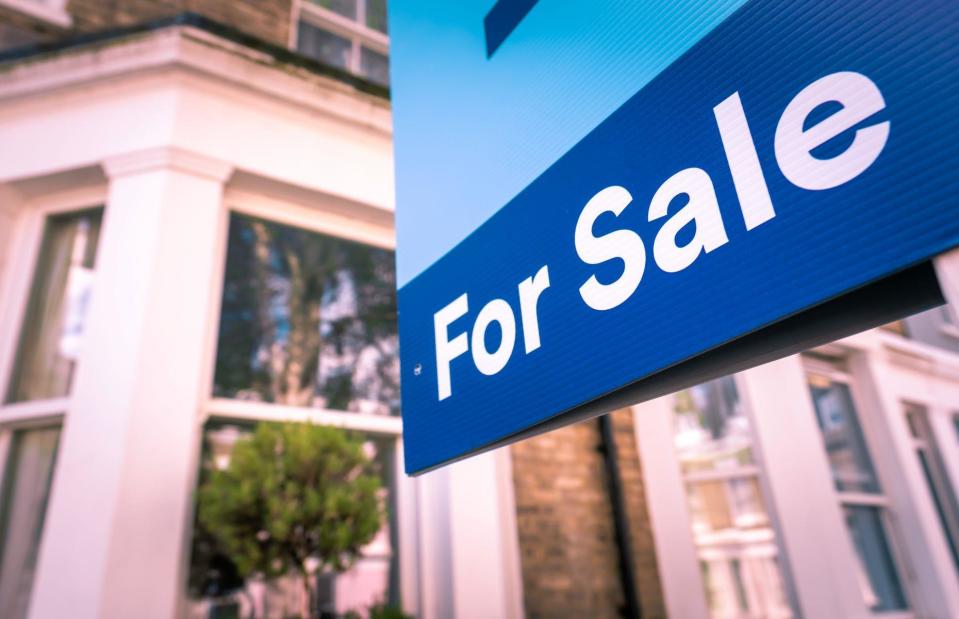
William Barton / Shutterstock
Whether you're on the hunt for the house of your dreams or you're in the process of selling up, there is plenty you need to know. Estate agents work hard to make both sides of the transaction run smoothly, but while they'll openly share some tips with you, there are a handful of things they want to keep to themselves.
From how to properly prepare your home to the real reason they want to hold an open house, these are the 10 secrets estate agents want you to know, and the 10 they don't...
What estate agents want you to know
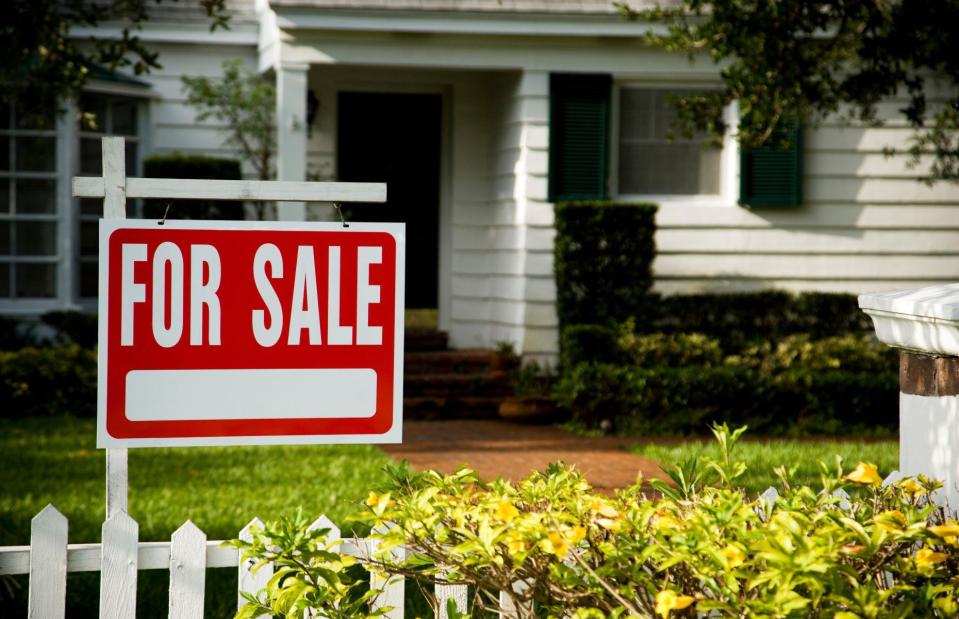
Juice Flair / Shutterstock
At any given time, estate agents will be working with multiple clients. But many buyers and sellers simply don't have the first clue about what they're doing. Here are 10 things any professional realtor will want all their clients to know—after all, the more clued-up you are, the easier their job will be, and the faster they'll get their hands on their commission. Let's take a look...
Work with an estate agent, and let them work for you
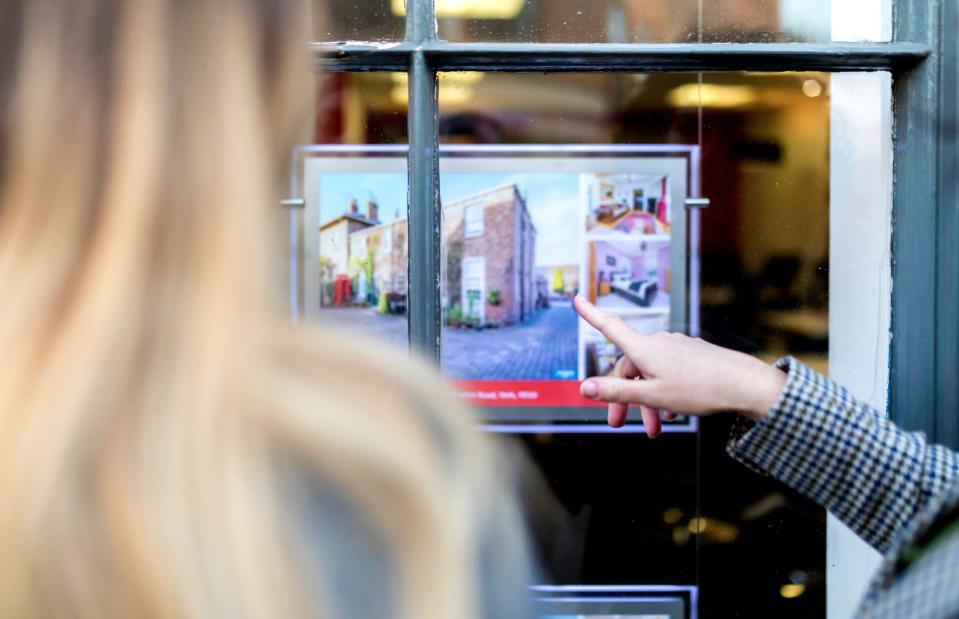
F-Stop boy / Shutterstock
While you know what you want better than anyone else, no one has a stronger grasp of the market than a qualified real estate agent. Their job is to listen to what you want and help you get it. They know how to negotiate, when to try for the hard sell and when to walk away. Realtors aren't emotionally involved, so they can help both sides get a good deal, too. So if you’re serious, then you need a realtor. More importantly, you need to step back and let them do their job.
First impressions are important
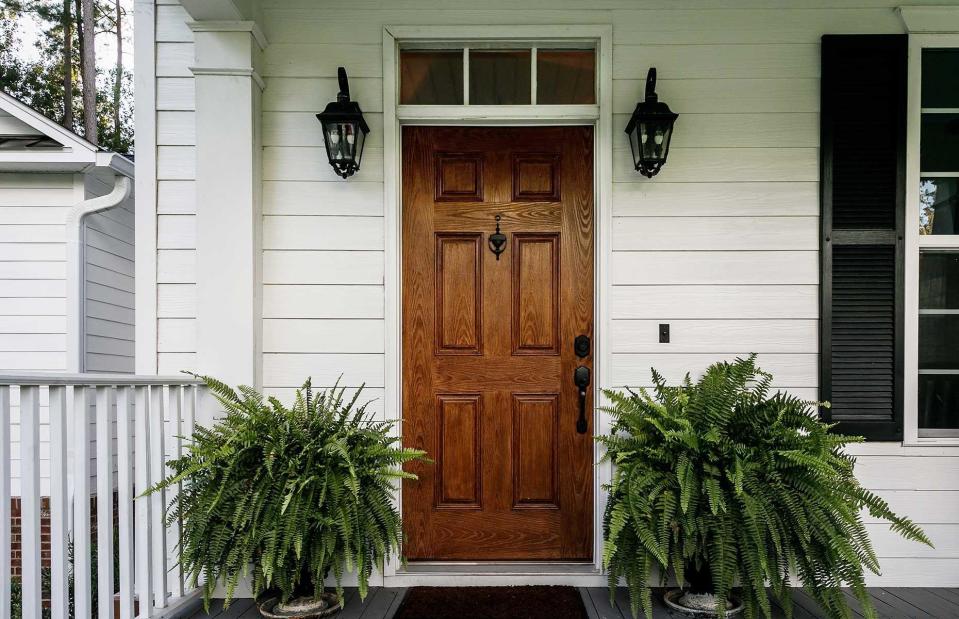
Ursula Page / Shutterstock
On average, it takes someone just 10 seconds to decide whether they like a house or not. That means that first impressions are everything. So, if the house you're hoping to sell has an overgrown front garden, a shabby path or flaking exterior paintwork then it might be time to touch up the front door, make a few repairs and add a hanging basket or two, to create a real entrance.
Clean and declutter
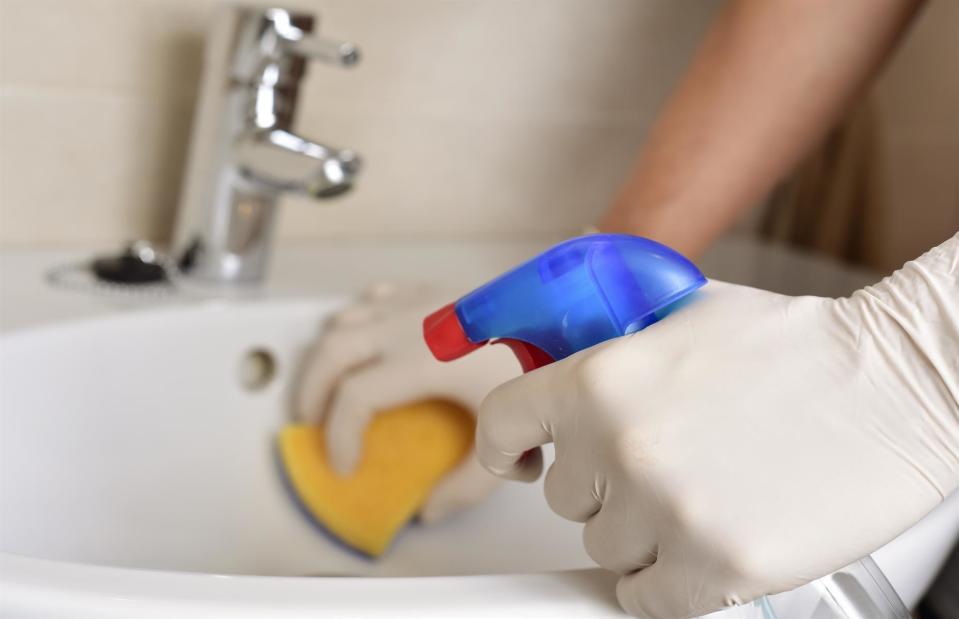
nito / Shutterstock
No one likes to enter a house and find dirt and clutter, and it's even less likely that a potential buyer will be able to see past your mess. As we've just said, first impressions count. So, before hosting a viewing of a home you want to sell, give your rooms a quick spruce-up and hide away anything that doesn't need to be on display. That way, anyone who walks through the front door will just focus on the space, the light and the rooms, not on your dirty shoes clogging up the hallway.
Staging is essential

Sharps
When trying to sell a house, it's worth considering that the interior style you like might not be to everybody’s tastes. Staging your house could win someone over who might otherwise have walked away. In fact, according to the US National Association of Realtors, 82% of real estate agents said a staged home helped their clients better picture themselves living in the house. This is even more important if the house vacant, but either way, start by depersonalising and consider redecorating in neutral tones.
You'll probably need to compromise
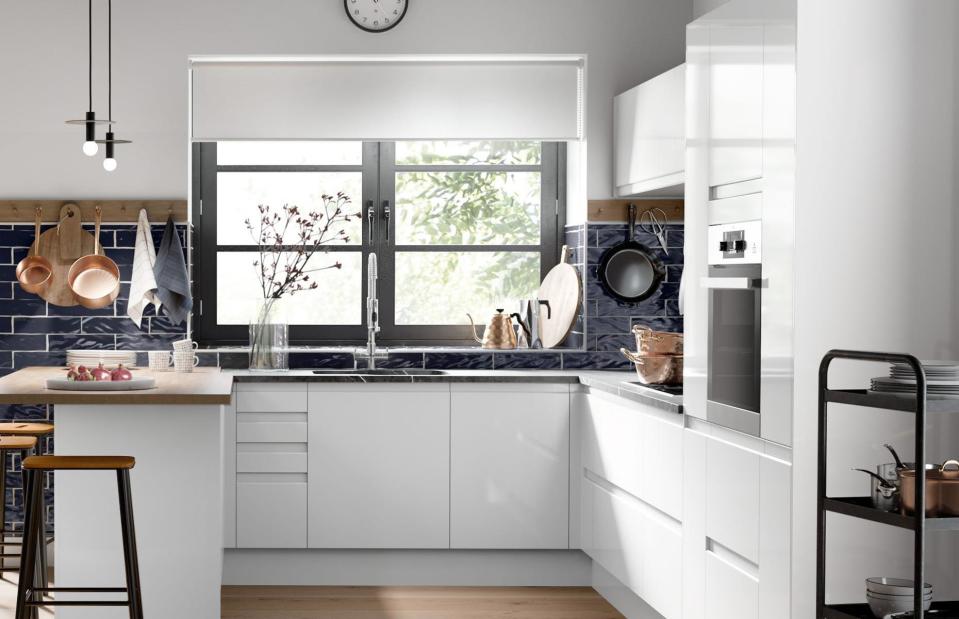
Magnet Kitchens
When you begin searching for your dream home, you'll likely have a long list of wants, such as a big kitchen or a private garden, but unless you have an unlimited budget, it's highly unlikely that you'll be able to find somewhere that ticks all your boxes. Therefore you need to keep an open mind and accept that you'll probably need to compromise on something. For starters, you may need to widen your search area to increase your options.
Your outside space is a huge draw
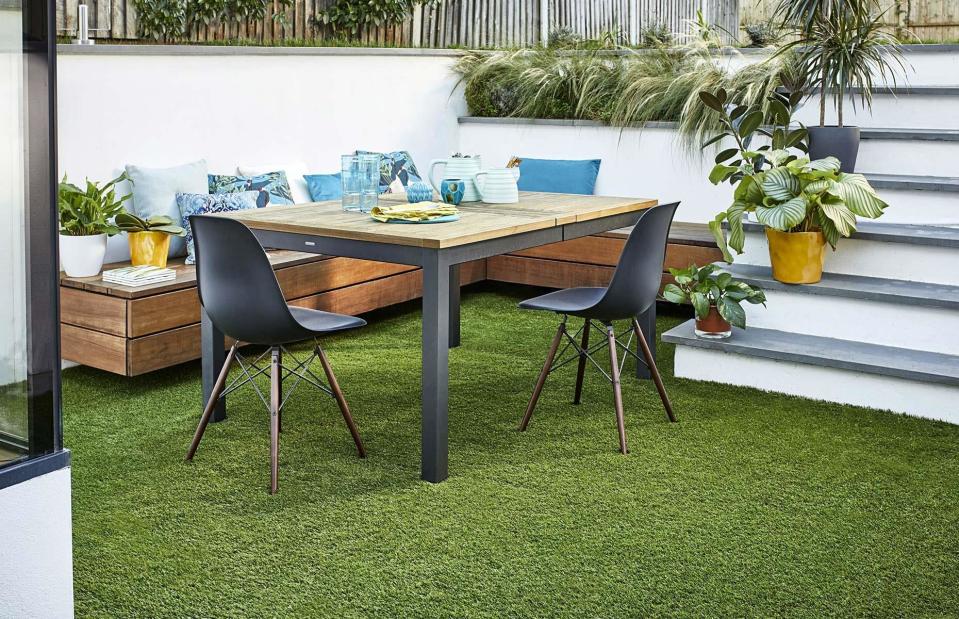
Carpetright
During the Coronavirus lockdowns, many people realised just how important outdoor space is, so having any kind of garden will be an instant draw for buyers. It could even add value to your home. Whether you have a tiny balcony or a sprawling backyard, it's vital that you make this part of your home pop. Ensure any hedges and lawns are neat and tidy, and add a few nice touches such as furnishings, fairy lights or potted plants that will help people visualise themselves enjoying the space.
Your house might not be worth as much as you think
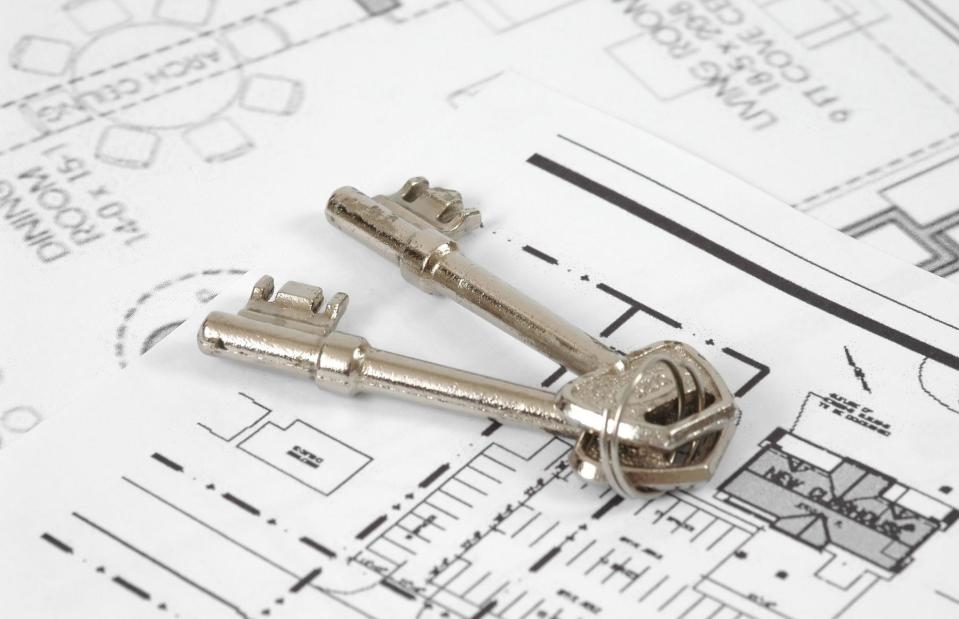
abd / Shutterstock
Any seller will want as much money for their home as possible, but some people seriously overestimate the amount their property is worth. Overvaluing your house is likely to put potential buyers off, and you'll end up with an unsellable home if you're unwilling to lower the asking price. Remember, your estate agent will know best, so listen to their opinion to secure a good deal.
Professional photos make all the difference
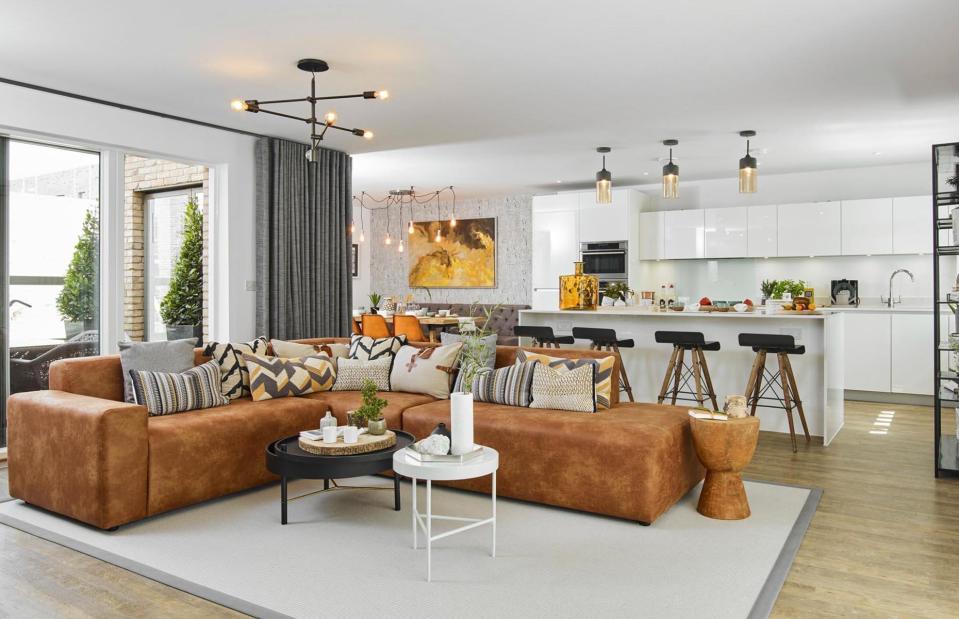
Abode
It goes without saying that high-quality images of your home will showcase it in its best light, while poor-quality images—out of focus, dark or grainy—will do the opposite. It's worth going with an agent that will make professional photography a priority, to ensure your home is marketed in the best possible way. A good agency will know how to sell a home with imagery, so listen if they make any suggestions before the shoot.
Don’t rely on Zoopla to decide your home’s value

lOvE lOvE / Shutterstock
When it comes to buying and selling, research is key. But while estate search engines such as Zillow, Trulia and Zoopla offer estimates for house values, they might not be as trustworthy as you think. In fact, Forbes suggests that Zillow in particular tends to guess the price of homes. Such websites generally work to a median price formula, so the price you see is likely based around a comparable sale. For the most accurate price, you'll need to speak to a professional estate agent.
Location matters most
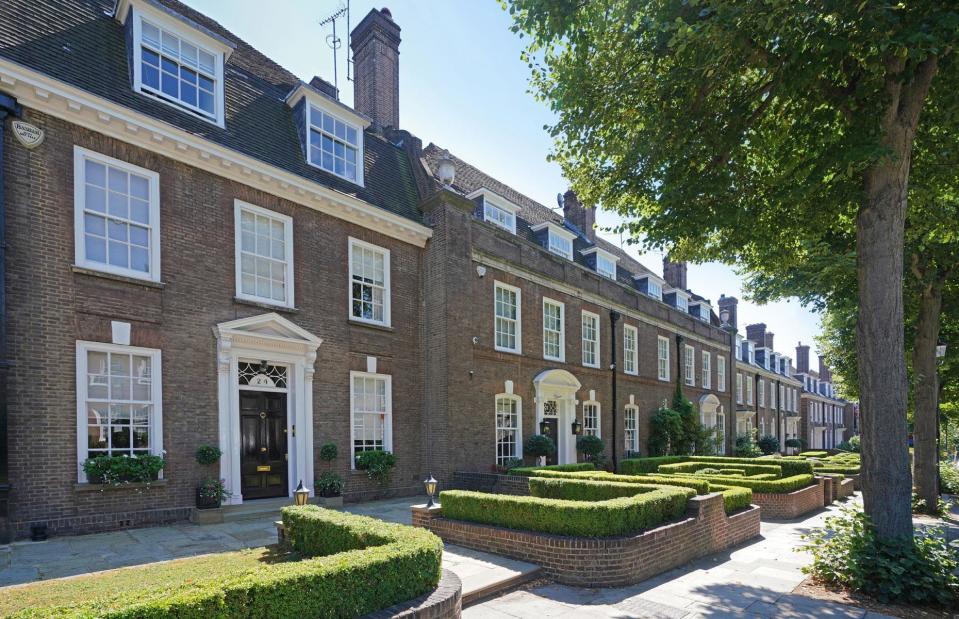
Miroslav Cik / Shutterstock
According to a study conducted by Trulia and Harris Interactive, 84% of home buyers believe location is as important as the home itself, if not more so. Obviously, you can't change your neighbourhood, but you can do your bit to sell it to potential buyers. During viewings, highlight any local amenities, transport links, parks and schools, and if your area has a good sense of community, ensure you tell house-hunters about it.
What estate agents don’t tell you
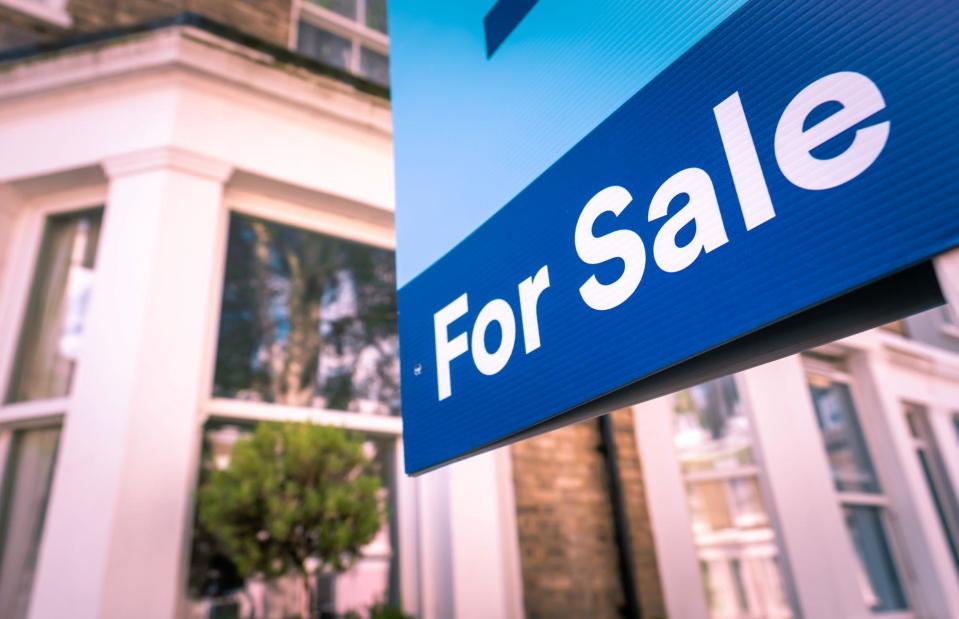
William Barton / Shutterstock
So, how about the stuff that estate agents want to keep under wraps? From the reason behind their eagerness to hold an open house to why they're keen to list your home for more than the local average, these are the 10 things property professionals don't want you to know...
An open house might benefit them more than you
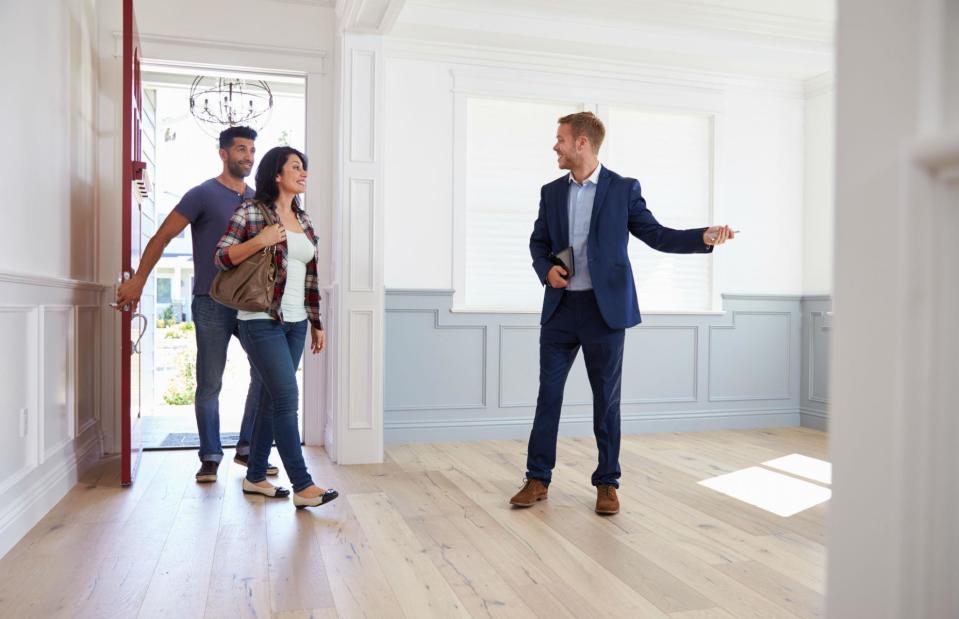
Monkey Business Images / Shutterstock
Open houses are a great way of getting people through the door, but there are a few things you should consider. For starters, you'll need to get the property ready beforehand, and leave the house for a few hours during the viewings, which could end up being a little inconvenient if you have to hold more than one. It's also worth acknowledging that some estate agents use open houses as a way of recruiting new clients, not necessarily to help promote and sell your house.
Kitchens don’t always sell homes
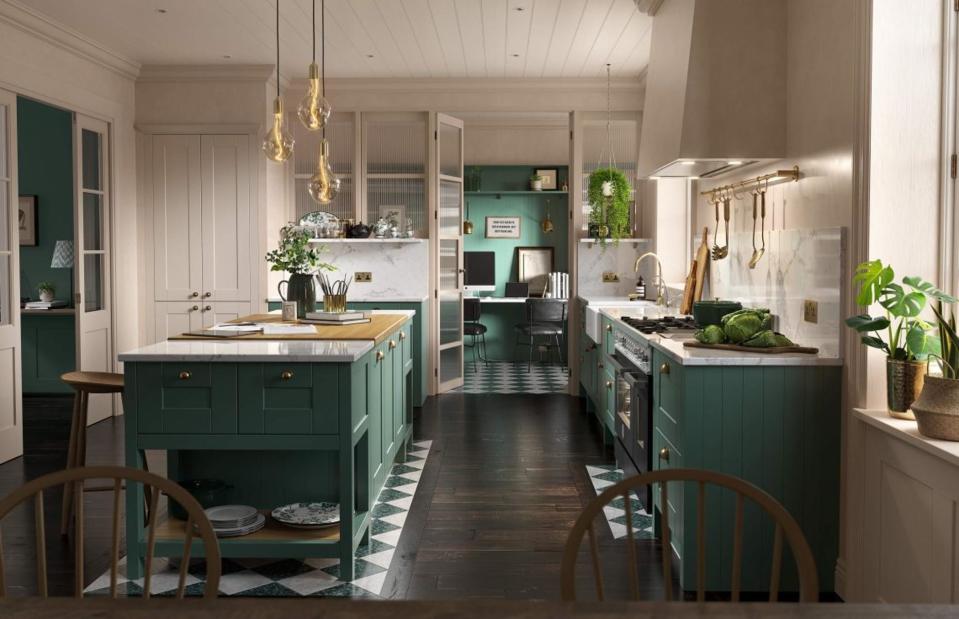
Wren Kitchens
People often think that if they spend thousands on a kitchen renovation, it will result in a big return on their investment when they come to sell. The right buyer might pay more for a home with a brand-new kitchen, but only if it suits their style and needs. While in some areas a big, beautiful kitchen will add value to your home and attract more people, in other areas it’s unlikely to make much of a difference.
An empty home will work against you
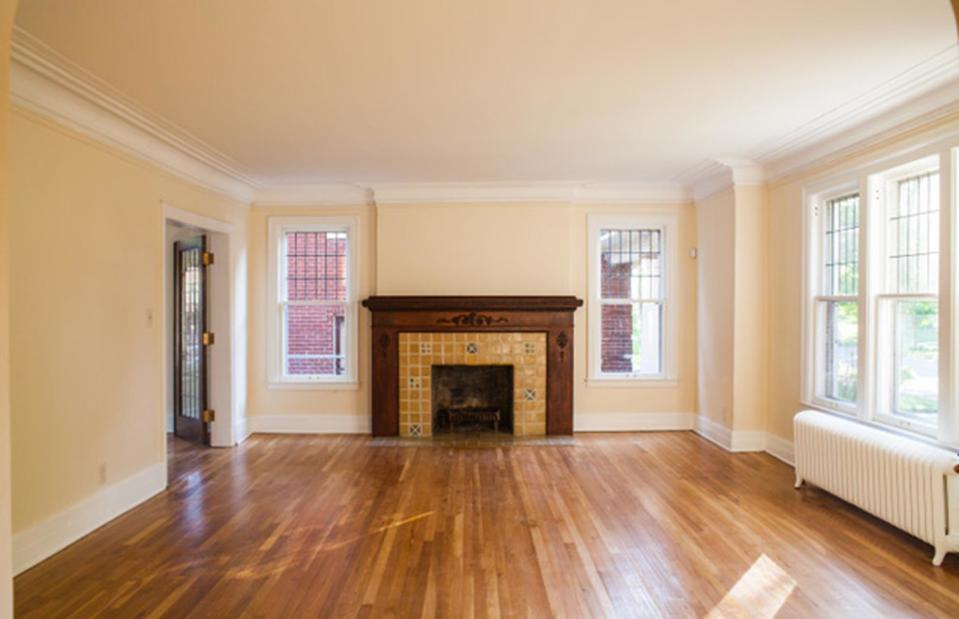
Batton Homes
Some sellers think that if they empty their home, it will help to attract more buyers, when in fact doing so could be a mistake. The odd house-hunter might be able to picture how the interior might be utilised, but the Average Joe will struggle to see themselves in the space and where their furniture might fit in. Empty homes also tend to look and feel smaller, so retaining a few key pieces of furniture will help people to see the house as a home.
You can interview estate agents

fizkes / Shutterstock
Whether you're buying or selling, choosing the right estate agent will be an important part of the process. Instead of picking the first one you meet, it's a good idea to interview a few to find the best fit. You can do this over the phone or in person, but either way, ensure you have questions in mind that will help you make the right decision. For example, ask them what their average List-Price-to-Sales-Price ratio is, and if they're able to provide references.
Agents might overprice a house to secure a listing

fizkes / Shutterstock
As we all know from watching Selling Sunset, estate agents work on commission, which means some (not all) might go to great lengths to secure a listing. This might stretch as far as overpricing your house in order to win you over, only for the price to be dropped later when it fails to attract a buyer.
Agents might underprice to secure a sale
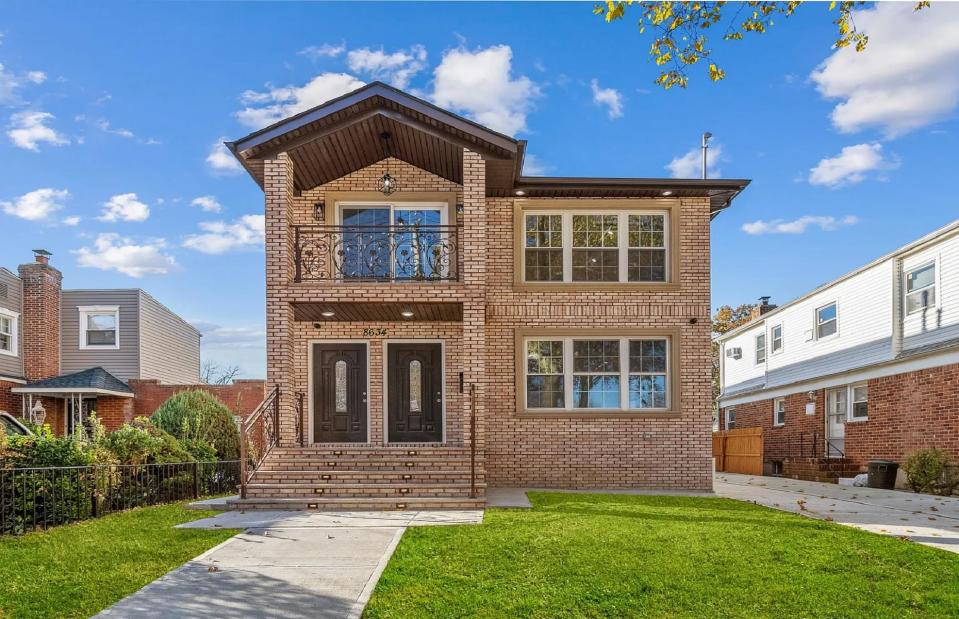
StreetEasy
Likewise, your estate agent may underprice your home to make a quick sale and a speedy commission, even though it isn't necessarily the best price you could have got. Underpriced homes can attract lots of attention and provoke a bidding war that pushes the final sales price up, but this isn't always the case. That's why it's always worth getting two or three valuations from local agents, to ensure the price you're selling at is the right one.
You'll likely spend more than you want to

Roland IJdema / Shutterstock
We often think that stretching our budget will help us to secure the home of our dreams, but that isn't always the case. The property market can fluctuate greatly, so what you can afford one year, you may not be able to afford the next. When the market is falling in favour of the seller, then you might need to be smart with your bidding from the get-go. For example, you will probably need to put in an offer over the asking price to be in with a chance of securing a house. Your realtor will know best.
Don’t skip the final walkthrough
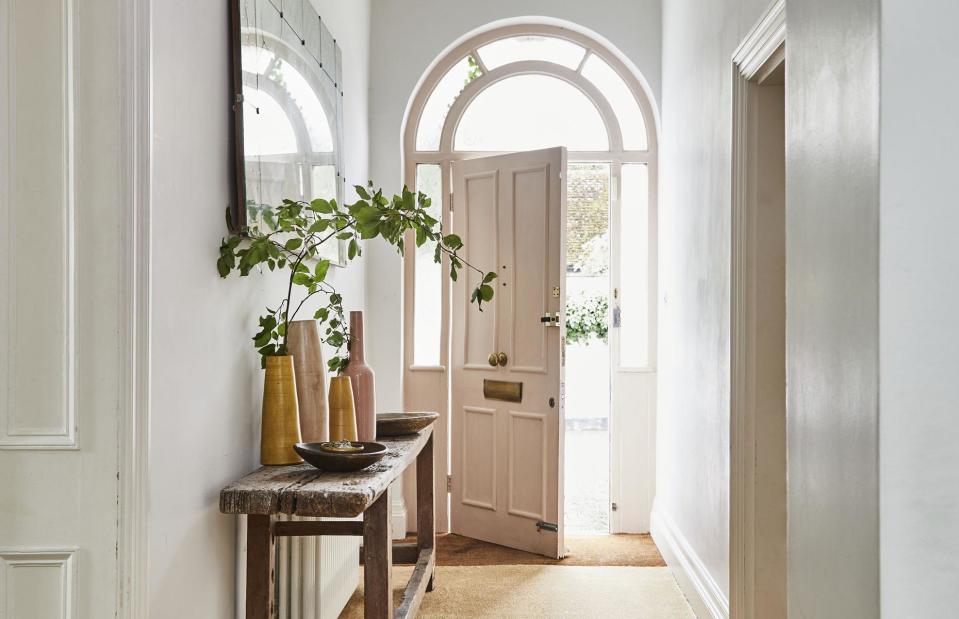
Carpetright
Buying a new home will be the biggest single investment of your life, so it's vital you know exactly what it is that you're buying. Even if you fell immediately in love with the place, there's a chance you missed something as a result of your rose-tinted glasses. A final walkthrough could reveal things you didn’t spot first time around, such as damp patches or noisy neighbours. If you visited during the day, ask your realtor to arrange for an evening viewing to ensure the neighbourhood still feels right.
Their commission could be negotiable

ANDROMACHI / Shutterstock
When you sell your house with an agent, you'll obviously need to pay them for their time. Commissions differ greatly from place to place, but in the US you can expect to pay 6% of the sale price of the home, while in the UK the rate varies between 0.75% and 3%, according to Strike. What they don't want you to know is that their rate is probably negotiable. But asking for a reduced fee needs to be pitched right, as you don't want to offend your potential realtor.
They may have a conflict of interest
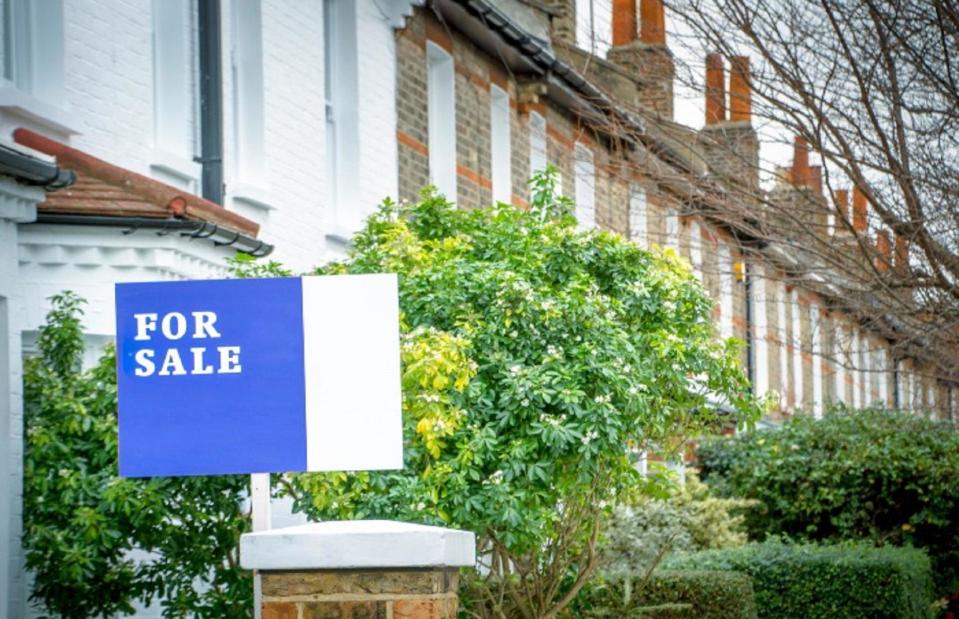
Willy Barton / Shutterstock
When you're buying a home, you avoid paying any fees to realtors, because it's always the seller that has to cover the agent's commission. But with this comes one major downside—your estate agent may not have your best interests at heart. Your agent could be more focused on what the seller wants, because it's them that's paying their fee. Generally, two agents will work together to close a deal, so it's also likely they'll share information about you with them, and the seller, in order to get the deal over the line.


